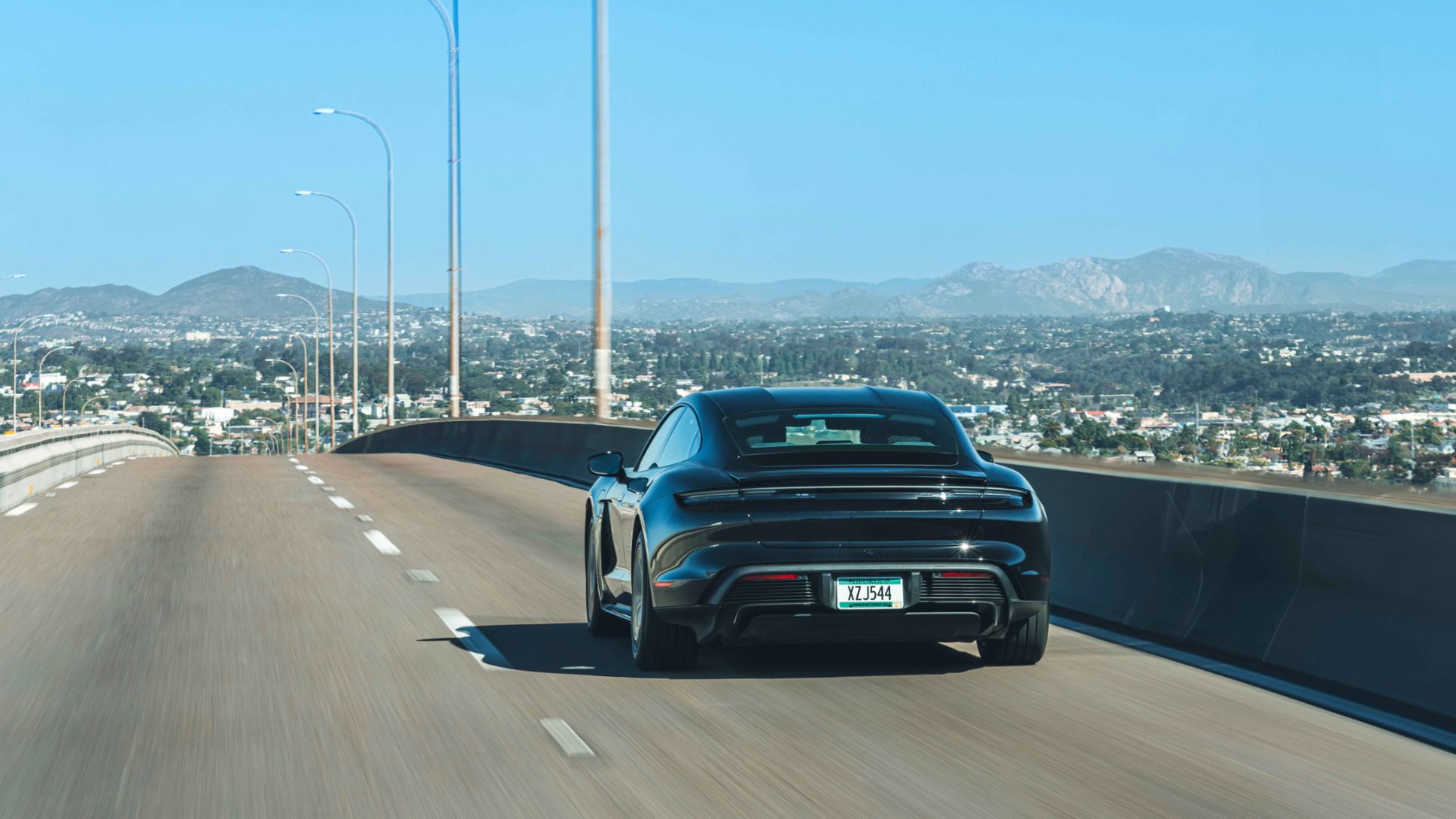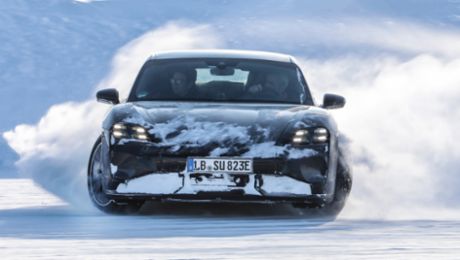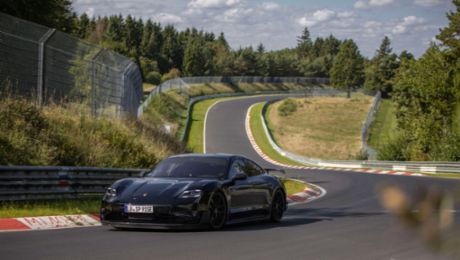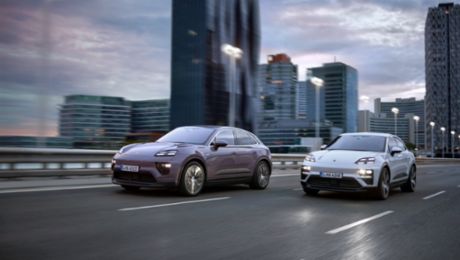Porsche launches the extensively updated Taycan. The new model variants offer more range as well as shorter and more robust charging processes. During an initial range test from Los Angeles to San Diego and back, pre-series models demonstrated their further improved efficiency.
'Fast travel' thanks to efficiency
The all-electric sports cars covered up to 587 kilometres on one battery charge on public roads. "For the particularly efficient Taycan sports saloon with the large battery, this practical, final test resulted in a total range of up to 587 kilometres," says the Vice President for the model line Kevin Giek. "A great result. The range test in Southern California impressively demonstrated how efficient the reworked Taycan is. We are continuing to focus on our 'fast travel' strategy for electric mobility: short charging stops paired with high real-world ranges thanks to efficient drives."

The range test was carried out under everyday conditions. Twelve international media representatives drove four vehicles on three days on Interstate Highway 405 and 5 between the Southern Californian metropolises of Los Angeles and San Diego. The teams drove at the maximum speed of 75 mph permitted on interstates. This corresponds to around 120 km/h. All four test cars were equipped with the larger Performance Battery Plus.
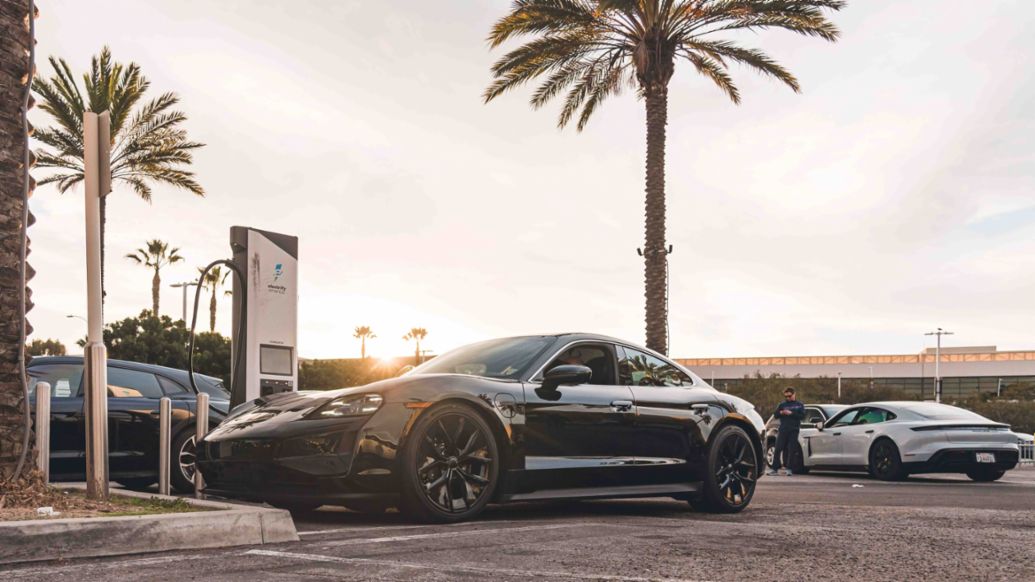
The cars were charged at the Electrify America Charger in Torrance/Los Angeles. Here, the Taycan demonstrated over 300 kW charging power for many minutes and was able to charge from 10 to 80 per cent state of charge several times in well under 20 minutes. The charging performance, charging time and the time it takes to start charging were also greatly improved in this test.
Porsche has built almost 150,000 examples of the Taycan since the start of production. The main individual markets for the model are currently the US, the UK, Germany and China. The extensively revised Taycan will be presented in a few days.
